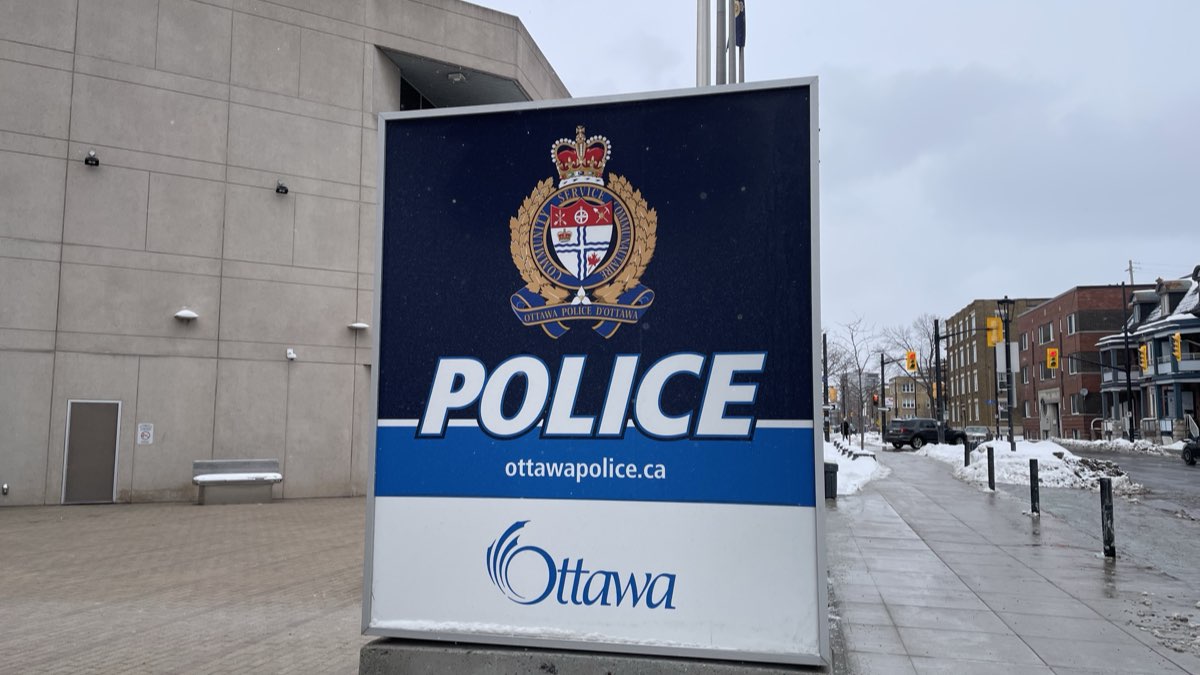The budget ask for the Ottawa Police Service may see a significant increase next year, driven in part by additional hiring, salary increases and a plan to equip officers with body cameras.
Preliminary numbers see an estimated increase of $44.2 million. In the last two budgets, the Ottawa Police Service saw a 2.5 per cent increase in 2024 and a 2.9 per cent increase in 2025, figures that budgetary increases of $13.4 million and $16.3 million.
The numbers presented to a meeting of the city’s Police Service Board and Finance and Audit Committee April 7 are early estimates and will be finalized later in the year.
“We’re starting probably a little earlier than we have in the past, but we know we have a challenging budget year ahead of us,” said Deputy Chief Steve Bell during the meeting.
Jon Sweet, director of the force’s financial services, said the cost to maintain current services is estimated to increase by $32.7 million. He said a recent collective agreement with the Ottawa Police Association and a similar agreement with the Senior Officers’ Association alone account for $24 million of that amount.
Sweet said the service is also hoping to add 50 new full-time positions to address Ottawa’s population growth. The staffing increase will cost an additional $8.5 million.
Altogether, the budget increase requires a 10.6 per cent increase in the contribution from municipal taxes. Kanata North Coun. Cathy Curry, a police board member, said some Ottawa residents may be alarmed by the increase. She said police staff should be prepared to clarify what this tax increase means.
“We’re needing a 10.6 per cent increase to the current budget. That doesn’t mean that the city needs to have a 10.6 per cent increase in its budget,” said Curry. “I think it’s important that people understand that because people see that number and think, ‘Oh my gosh my taxes are going up.’”
The proposed budget increase would also allow for the purchase of body-worn cameras. Curry noted that the use of cameras has been delayed but the Ottawa Police Services Board sees them as valuable.
Chief Eric Stubbs said he has heard internally and through many community voices that body cameras are widely supported.
Body-worn cameras were first included in the 2023 police budget, which allocated $400,000 for the program. But Bell told the Ottawa Police Service’s Board in late 2024 that it will be hard to adopt the technology under the 2025 budget constraints. Sweet said the money for this program’s rollout will come from the $5.3 million set aside for “new services.”
“I can’t say for certain but I’m pretty certain we’re the only police agency of our size – among the larger agencies in Canada – that have not implemented a body-worn camera program,” Stubbs said.
While Stubbs says body-worn cameras can build community trust in the police, support for this technology is not universal. A 2020 opinion piece by Ottawa criminal Lawyer Michael Spratt argued that the use of body cameras only maintains the status quo of policing.
“Every dollar spent on police cameras means less money for crime prevention, social supports, and police education,” Spratt wrote. “And it is unclear that body cameras will even help in reducing the instances of police misconduct.”
He pointed to a year-long trial in Montreal which indicated body-worn cameras do little to change police intervention.
The final police budget will prepared after consultations to be held over the next few months. It will be reviewed by city council in December.




